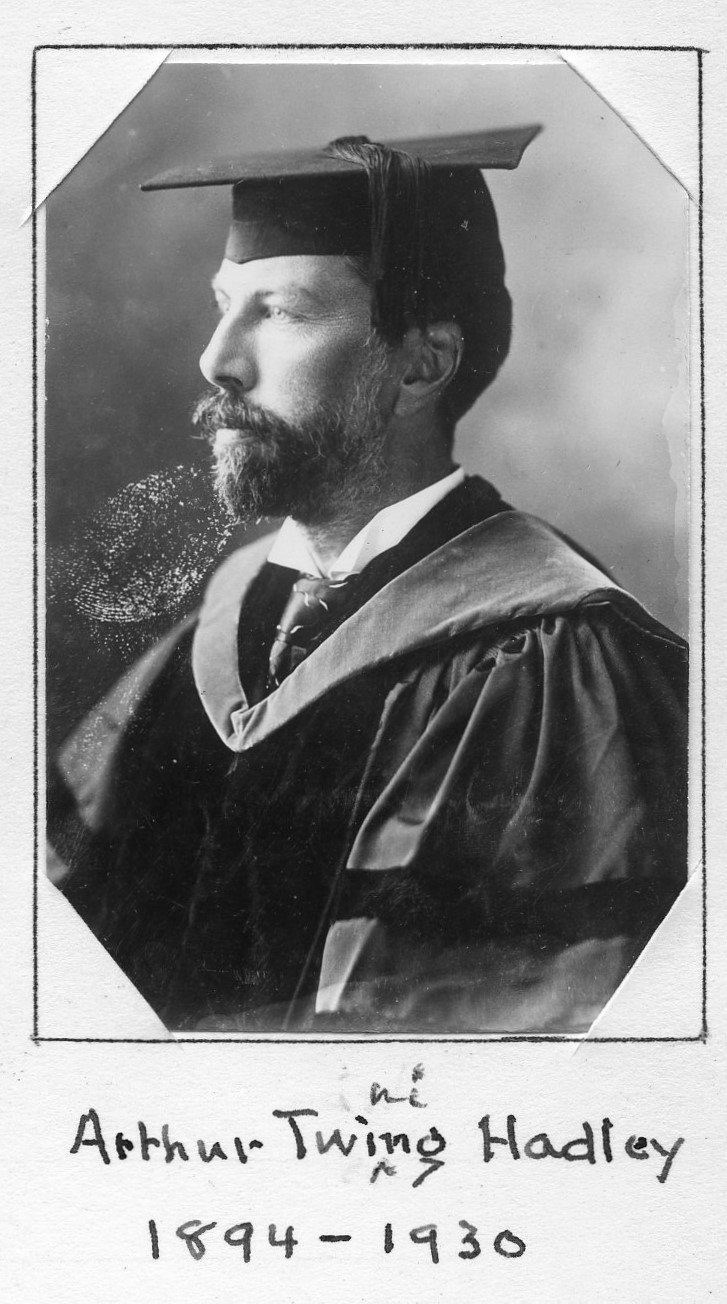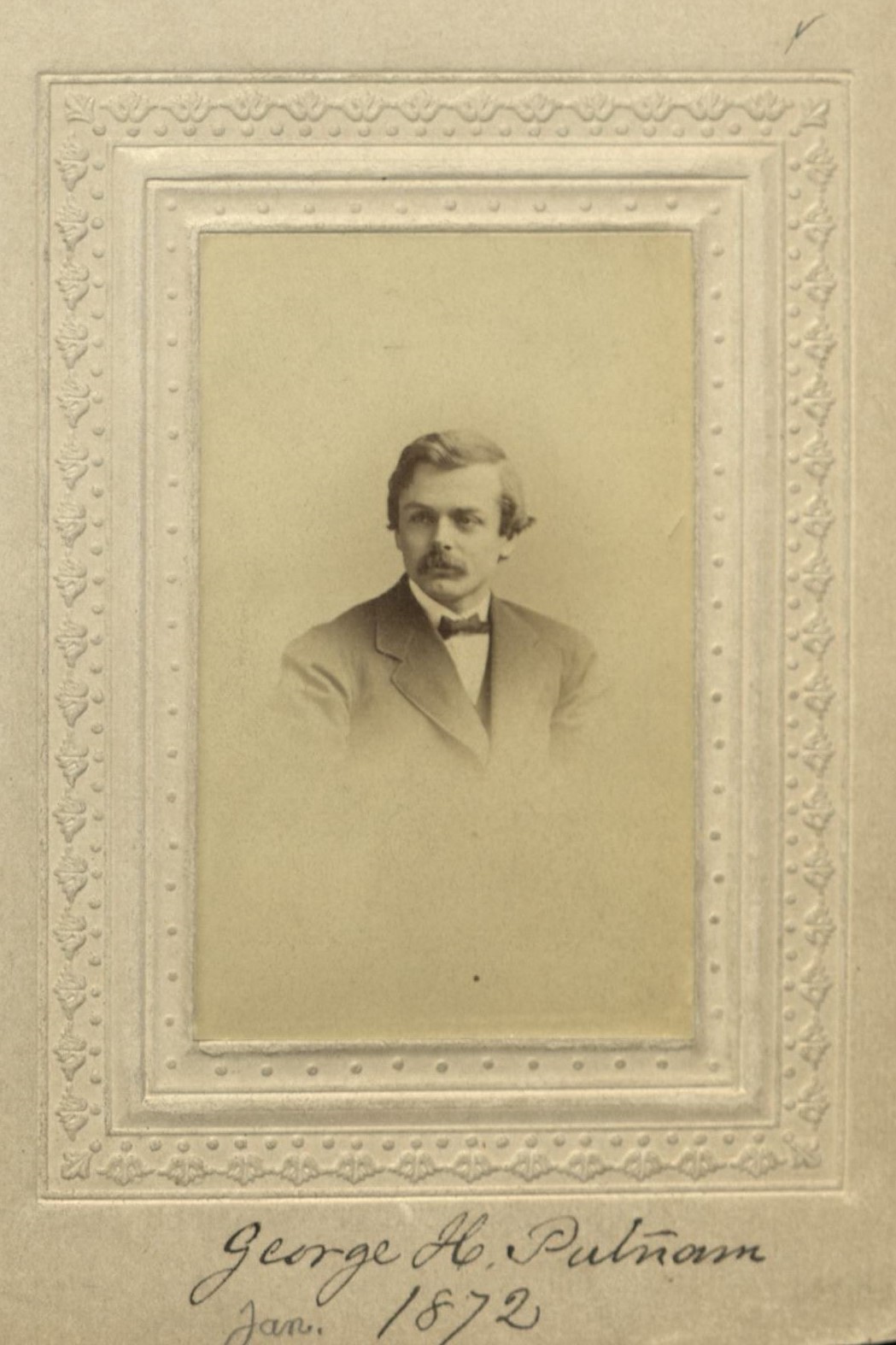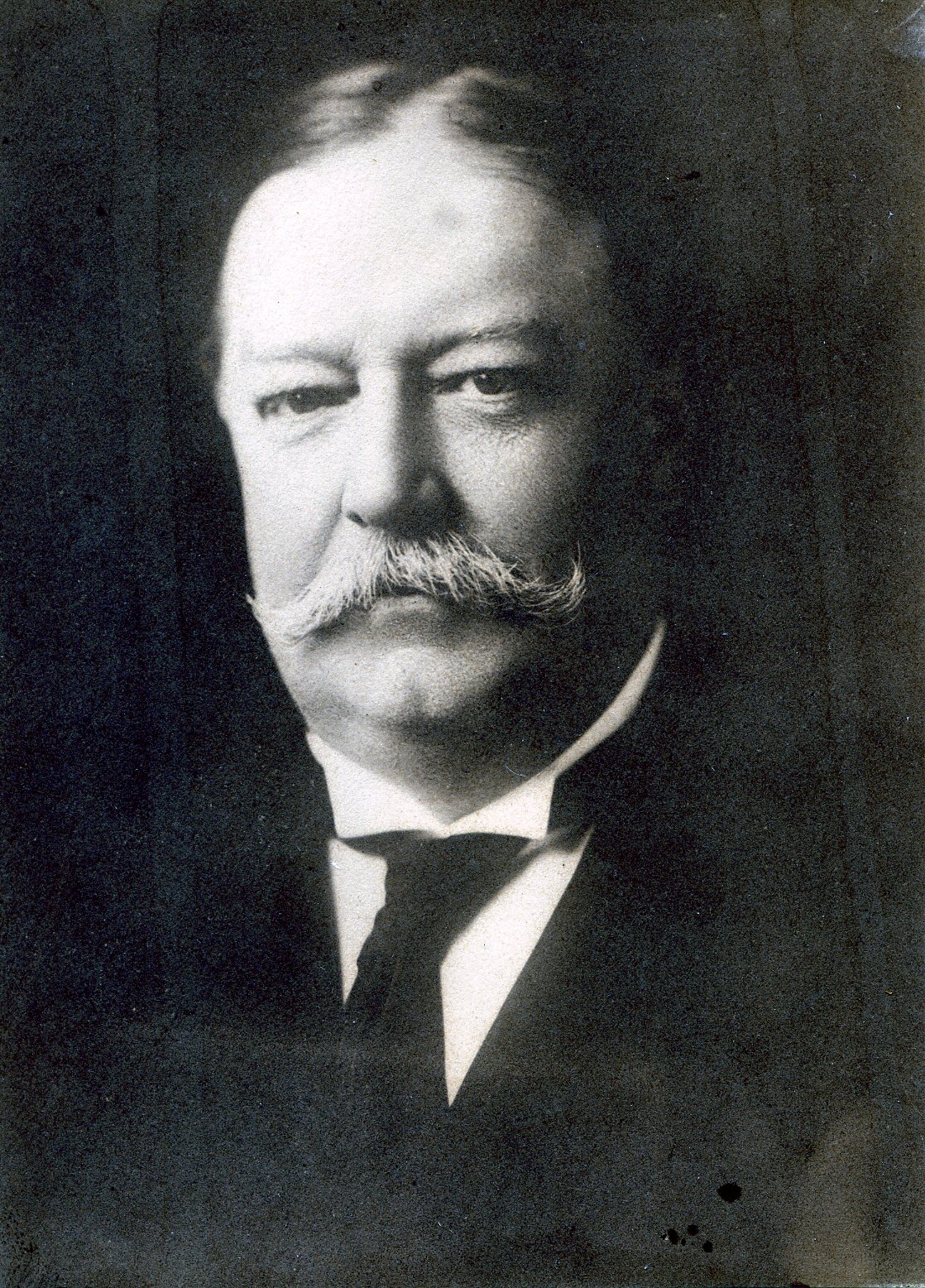Member Directory,
1847 - 1922
Henry C. Emery
College Professor
Centurion, 1902–1924
Arthur T. Hadley and George Haven Putnam
Ellsworth, Maine
Pacific Ocean, At Sea
Age twenty-nine

Archivist’s Notes
He died of natural causes aboard the steamship USS President Lincoln while en route from Shanghai to San Francisco.
Century Memorial
Not many political economists have had the opportunity of studying at close range the vagaries of political and economic history that fell to Henry Crosby Emery. Instructor at Bowdoin for eight years, and for nine years a teacher of high repute in the chair of economics at Yale—with a year’s study in Germany which was useful later on—he was named by President Taft in 1909 for the new United States Tariff board. Economists, both before and after Emery, have struggled with the bewildering chaos of the “Schedules D” and “Sections A,” and have come to wonder what it all had to do with economic or any other science. But the far more striking opportunity of Emery’s life was to come seven years afterward.
Before the Russian revolution he had been sent by the Guaranty Trust to St. Petersburg, to investigate Russian finance and industry on the spot. He remained in Russia until the Bolshevists overturned Kerensky’s government and seized control. A few months of observation of the fantastic new régime convinced him that there now bade fair no longer to exist either Russian finance or Russian trade such as a serious person could investigate, and he started homeward. On his eastward trip the United States had been at peace with Germany. But they were now at war, and Emery’s somewhat hazardous route lay through the Aland [sic: Åland] Islands to Sweden. He had hardly got under way in March of 1918, to cross in his sledge the frozen seas, when the Germans captured him. Six weeks of close imprisonment at a coast internment camp ensued; then confinement within the boundaries of a Pomeranian town. Eventually he was brought to Berlin; where, in the final six months of the Great War, he had the exceptional opportunity of observing on the spot the political disintegration of Germany, in the very face of Ludendorff’s drive of 1918.
He did not neglect his opportunity. As early as June his Berlin barber gossiped to him of the desertions from the front and the break-down of the army’s morale. Asked by Emery whose fault it all was, the dispenser of information pointed towards the Palace and remarked, with engaging frankness: “That chap up there; we have got to throw him down.” By early autumn, chance acquaintances would buttonhole Emery on Unter den Linden to discuss the necessity of the Kaiser’s abdication. In October, a German newspaper man whom Emery described as a “conservative journalist” declared to the American that Germany was not only through with Wilhelm but that “the lamp-post he will hang on is already picked out.” For whatever reason, the Imperial government decided that they wanted no more of Emery in Germany. He sailed for home from Norway; the Kaiser fled and the armistice was signed while he was on the sea.
Alexander Dana Noyes
1925 Century Association Yearbook



